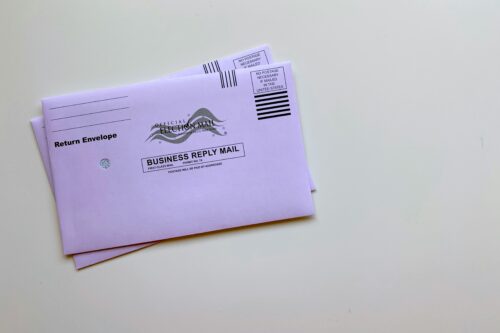
Podcast
So, Is It Fascism?
Jonathan Rauch joins the podcast to discuss why he now believes “fascism” accurately describes Trump’s governing style.
Policy Brief
The programs and rules that affect Americans’ daily lives and security are profoundly shaped by the regulatory and rule-making process within the Executive Branch of government.
To understand the advantages of and challenges to a reformed regulatory review process, New America’s Political Reform program and the Ash Center for Democratic Governance and Innovation at Harvard University’s John F. Kennedy School of Government convened a group of local community engagement experts, public sector leaders, and on-the-ground organizers to share their expertise in designing processes that support more inclusive engagement, in particular working with historically underserved communities.
During this discussion with local community engagement experts, we sought to identify the process designs and other innovations that would empower residents to exercise meaningful influence over decisions about the formation, review, and implementation of regulations. Our discussion focused on extending community engagement processes to give grassroots groups and affected parties a voice in the federal regulatory process.
These experts agreed that when engagement is designed intentionally, policymakers can work with communities more effectively to garner information and insights, implement programs or provide services, and build trusting relationships. Furthermore, while participation in and of itself is important, designing more effective engagement can also ensure that participants identify and harness opportunities to protect their interests and influence decision-making. And, most importantly, transparent and inclusive engagement practices can improve policy outcomes and strengthen equity.
Podcast
Jonathan Rauch joins the podcast to discuss why he now believes “fascism” accurately describes Trump’s governing style.
Podcast
Drawing on new data from more than 10,000 Trump voters, this episode of Terms of Engagement unpacks the diverse constituencies behind the MAGA label.
Podcast
As Venezuela grapples with authoritarian collapse and a controversial U.S. operation that removed Nicolás Maduro, Freddy Guevara joins the podcast to discuss what Venezuelans are feeling and what democratic renewal might actually look like.

